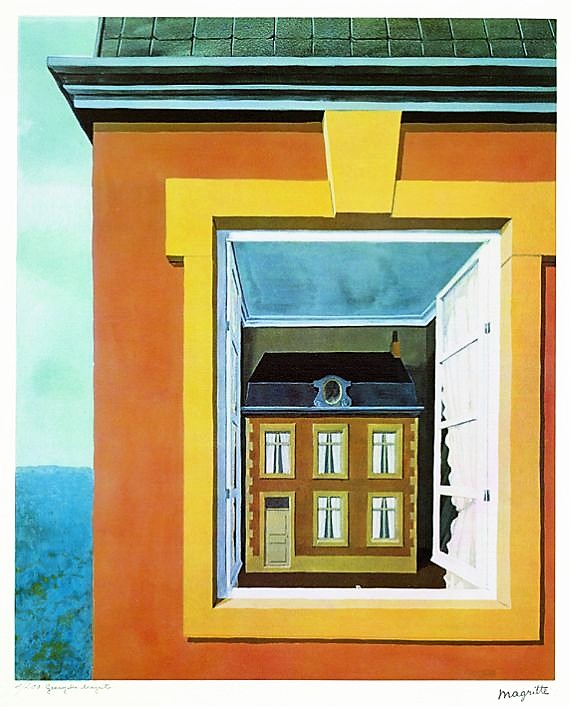Dialectics. An Introduction Department of Philosophy The philosophical historiography concerning dialectics is immense and complex. As Hintikka (1981, 109) writes “dialectic has the tendency to multiply itself beyond necessity”. In this context, my method is to focus on the definitions of the term in texts from Plato to contemporary philosophy, and on one idea that permeates the whole history of dialectics, and is defended by authors as different as Aristotle, Hegel, Adorno, Rescher. It is the view that dialectics is a kind of philosophical logic, more specifically the logic of philosophy.
The first part of the tutorial is devoted to ancient dialectics, in particular to the conception of dialectics in Plato’s Parmenides and Aristotle’s Topics. The second examines the meaning of dialectics in Hegel’s philosophy and in two stages of its reception (in Croce and Adorno). The third is on dialectics and contemporary philosophical logic and focuses, more specifically, on the nexus dialectics-dialetheism. 
Magritte - Eloge de la Dialectique, 1937 1. Dialectics in Plato and Aristotle
On the first day we will first analyse the difference between Zeno’s method of reductio ad absurdum and Plato’s dialectical method (see on this Hegel 1896, Kneale&Kneale 1962, Berti 1987, Priest&Routley 1981). Second we will consider the relation between Plato’s dialectics in the Parmenides and Aristotle’s Topics. In Aristotle’s Topics Plato’s dialectic is systematized and methodically articulated as logic of our thinking about éndoxa (the éndoxa are theses concerning controversial questions of universal interest such as: is justice the advantage of the stronger?). I will stress the fundamental continuity between Plato and Aristotle, and the genuinely dialectical nature of Aristotle’s philosophy. In so doing, I share the interpretation of those philosophers (in particular Berti 1987) who see the continuity between Plato and Aristotle in the idea of dialectics as the logic of philosophy. 2. Hegel’s dialectics
On the second day we will first discuss the passage of the Logic in the Encyclopaedia (at the end of the “Preliminary Considerations”) in which Hegel presents the three moments/sides of every conceptual thought (Hegel calls conceptual thought also true thought and das Logische). The passage is fundamental for two reasons: it contains Hegel’s own definition of the formal structure of every dialectical and speculative inference, and presents the idea that this dialectical structure corresponds to the behaviour and method of every true thought. Then we will see what two 20th century thinkers – Benedetto Croce and Theodor Wiesengrund Adorno – write about the meaning of Hegel’s dialectic. Their concern is on two aspects: the meaning of Hegel’s dialectic as logic of philosophy, and the role of negation in dialectical inferences. |
3. Dialectics and contemporary philosophical logic
The third lesson is focused on the relation between dialectics and paraconsistent logics, more specifically dialetheism, the theory according to which there are true contradictions. Apostel 1979 recalls that paraconsistent logics, which were impressively growing in the 70ies, and were developed by the da Costa school in Brasil, by Jaskowski in Poland and by Routley in Australia, present the necessary condition and the formal basis of dialectics. However, he also claims that they cannot be said to be dialectical logics in the Hegelian sense, and, more importantly, that they need dialectical logic. They allow us to see how to logically deal with contradictions without explosion, but they do not let us see why and how we can affirm a contradiction. Hence Apostel 1979, 459 formulates the following task for a dialectical foundation of paraconsistentism: “in dialectical logic we have to show which contradictions are admissible and which ones are not“. We will ask in what sense the Hegelian theory of dialectical contradictions can fulfil the task envisaged by Apostel. Bibliography
Back to the 6th Universal Logic School ! | ||||
